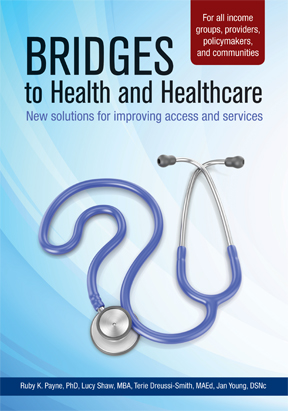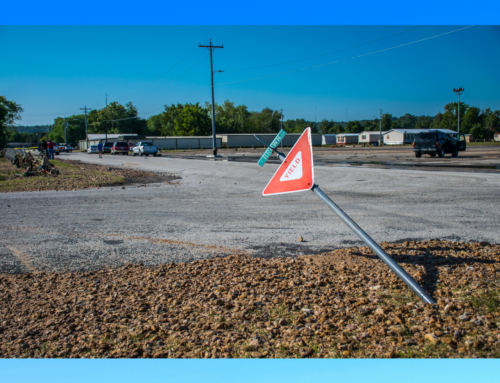 Ask 10 friends, acquaintances, or leaders in your community if healthcare is a right or a privilege, and you undoubtedly will get varying answers.
Ask 10 friends, acquaintances, or leaders in your community if healthcare is a right or a privilege, and you undoubtedly will get varying answers.
Many who believe that healthcare is “a right” see health as an essential element of life, and thus protected under the Declaration of Independence, which states that all citizens are “endowed by their Creator with certain unalienable Rights, that among these are Life, Liberty and the pursuit of Happiness.” But do those who take this position believe that their community has created the infrastructure for the delivery of healthcare to support that right? How do we finance health as a right? What does it mean to protect healthcare as a right?
Others believe that healthcare is a privilege. And to those we must ask: “What does it mean when healthcare is a privilege? Who gets access to that privilege and how it is obtained?” Still other questions arise, such as “How do we provide care for those who choose unhealthy behaviors?” Should those who choose healthy behaviors receive preferential care? And finally, “How do individuals, institutions, and communities hold people accountable for their own health?”
Whichever side of the debate we find ourselves, the right versus privilege question may in fact not be the right one to ask. The more valid question may be “How do we manage finite resources at the individual, institutional, and community levels?”
Frequently our behaviors are reactive and strongly influenced by policies. Perhaps it would be possible to be more proactive in creating effective policies by more carefully exploring the potential impacts of policy at all levels.
For insight into these and other questions, read Bridges to Health and Healthcare, the new book by aha! Process.
By Jan Young, D.N.Sc., Executive Director, Assisi Foundation of Memphis, Inc., Memphis, TN








